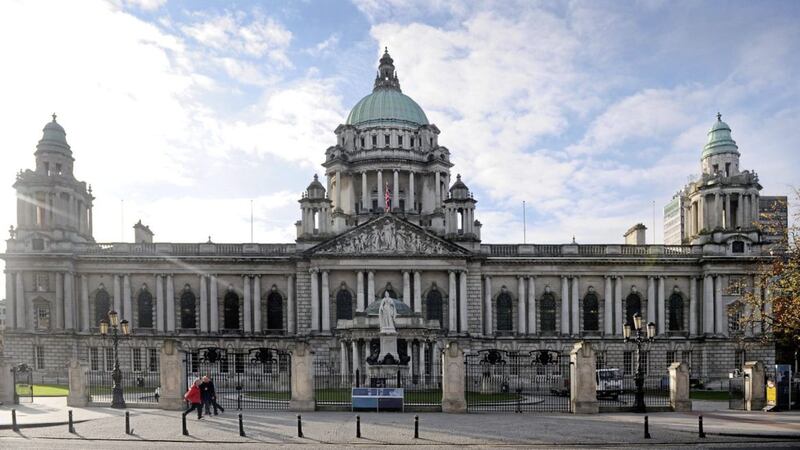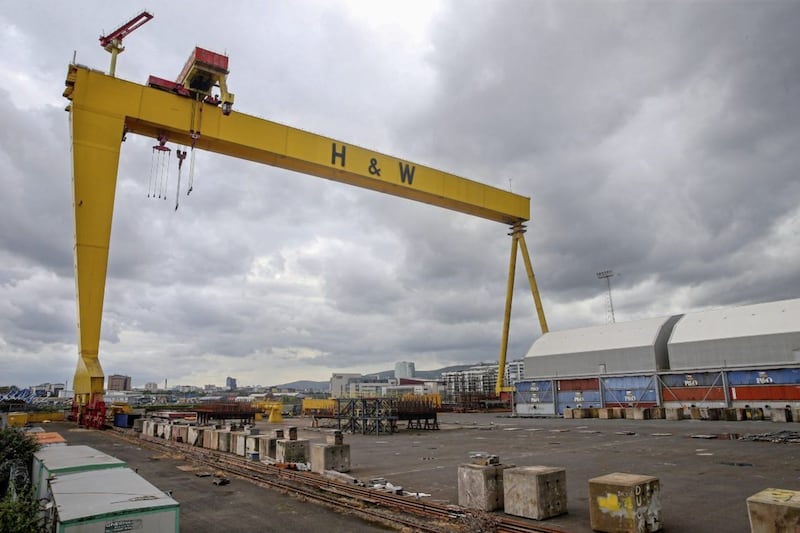FOR better or worse, the place where we grew up usually retains an iconic status. For me, it’s Belfast – the city I have watched evolve from its troubled past into a thriving and cosmopolitan city. However there’s still much to be done to ensure our cities and town centres continue to be vibrant and successful places to live, work and play.
Our soon to be elected local councils and any future Stormont administration face unprecedented challenges and investment in our towns and cities should be a key priority in driving economic growth.
Centre for Cities, a leading think tank dedicated to improving the performance of UK city economies, has considered what the government and city leaders need to learn from 2018’s urban challenges. While much has been written about retail pressures on the high street, Centre for Cities argues that cities should avoid the temptation of swimming too hard against this tide, and instead should focus on interventions to make their centres more attractive to non-retail businesses and activity.
According to the leading think tank, the priority should be on investment in knowledge-based industries, such as finance and law as the well-paying jobs they offer combined with increased footfall in city centres, creates a consumer market for high street restaurants, bars and other leisure activities. Improved amenities also make city centre living more attractive for residents. Centre for Cities argue that increasing the number of people living and working in city centres, seven days a week, with more money in their pocket, is the most sustainable strategy to keep tills ringing.
Belfast is starting to embrace this thinking; the office market has been buoyant with a high level of interest from FDI investors and professional firms who are considering locating to Belfast or expanding their operations here. New office accommodation is being constructed across the city. Well paid professional jobs may be the key the city needs to unlock its full potential as a thriving commercial hub. While our troubled past may have pushed populations out of city centre living, change is undoubtedly coming. If Belfast can attract young professional talent working in the knowledge economy then Belfast could finally become a 24-hour city. The influx of students to new city centre accommodation will also support that change.
Tourism plays an important role too. More hotel openings will help to support the existing retail, food and beverage offering and enhance the night time economy. This in turn will also help create new tourism opportunities which infrastructure and transport also playing a supportive role.
Councils need to join the dots and prioritise their spend, consider new partnerships and work with communities, developers and investors to bring forward the significant growth and employment opportunities required to breathe new life into our cities and town centres. The City Deals recently announced could only be the start of a game-changing strategy.
These important themes will be explored in more detail on May 9 when Retail NI and DWF will bring together a panel of experts from Centre for Cities and government to discuss the new policy priorities for town and city centres, reinventing retail and reforming business rates.
Further information is available at: www.dwf.law/en/Events/2019/May/Local-Government-the-new-agenda-for-towns-and-cities
:: Julie Galbraith (julie.galbraith@dwf.law) is partner/head of retail food and hospitality at DWF Belfast (www.dwf.law)








